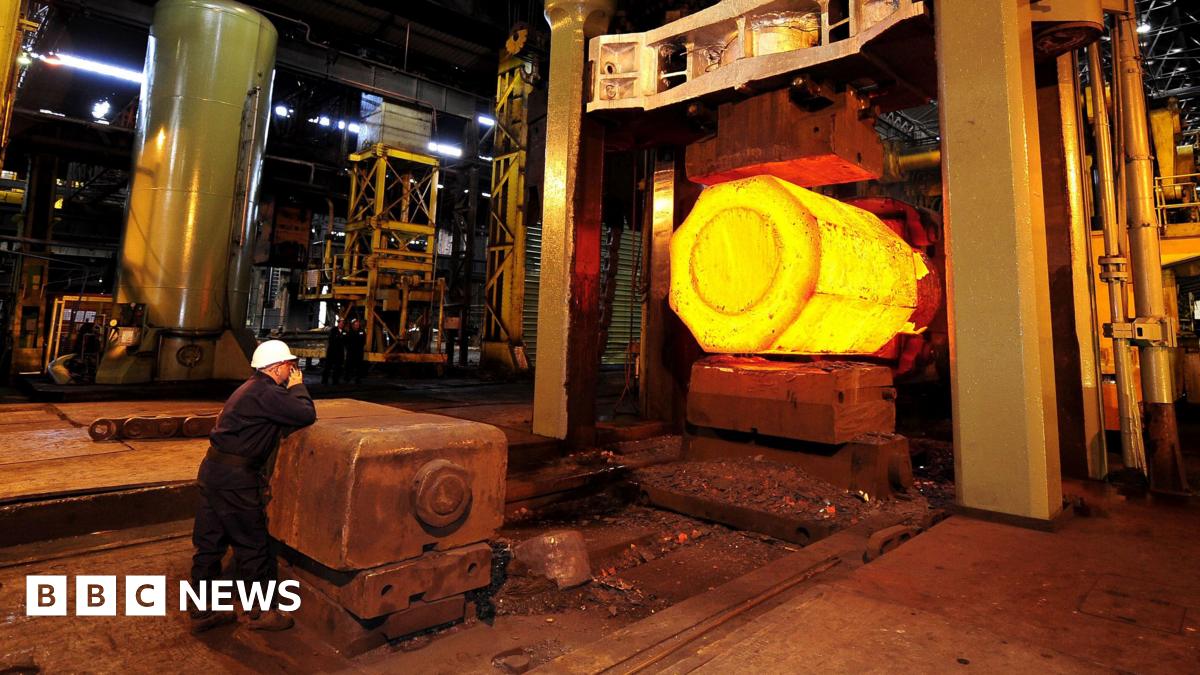Government launches Steel Council after job losses

Last year, Tata Steel said it was replacing traditional blast furnaces with an electric arc furnace at its biggest UK site in Port Talbot, Wales.
Traditional steelmaking ceased in September, with thousands of workers losing their jobs.
British Steel also announced it would close blast furnaces in Scunthorpe in 2023, and unveiled plans to roll out a less polluting electric arc furnace.
The plans, which are greener but require fewer workers to keep them going, raised fears over potentially thousands of job losses.
The Labour-led government has vowed to spend £2.5bn “to rebuild the steel industry”.
The money would sit alongside a separate £500m package for Tata Steel to part-fund the new steel production at Port Talbot.
The Steel Council, co-chaired by the chairman of Teesside-based Materials Processing Institute, is set to work towards the launch of the government’s steel strategy in spring.
This strategy is expected to set out how steel capacity can be increased in the UK and how investment decisions can meet demand and boost economic growth.
The council will also discuss how to allocate the up to £2.5bn of funding.
Related
Llyods Recruiting Engineers In India After Slashing Jobs In UK
Lloyds Banking Group is planning to hire hundreds of engineers in India as the company plans to shift its employment opportunit
Major new funding for music acts that supercharged careers of…
£1.6m Music Export Growth Scheme to support 58 independent UK artists to tour the world Funding will boost UK’s creative industries – a key growth se
Well-loved restaurant chain to close 8 venues across UK as…
A BELOVED restaurant chain has announced it will close eight venues across the UK, scrapping 158 jobs in the process.Owners are pointing the finger at Labour's
US adds 151,000 jobs in February as unemployment rate ticks…
The latest figures published by the US Bureau of Labor Statistics today (7 March) came in below market expectations, with economists polled by












